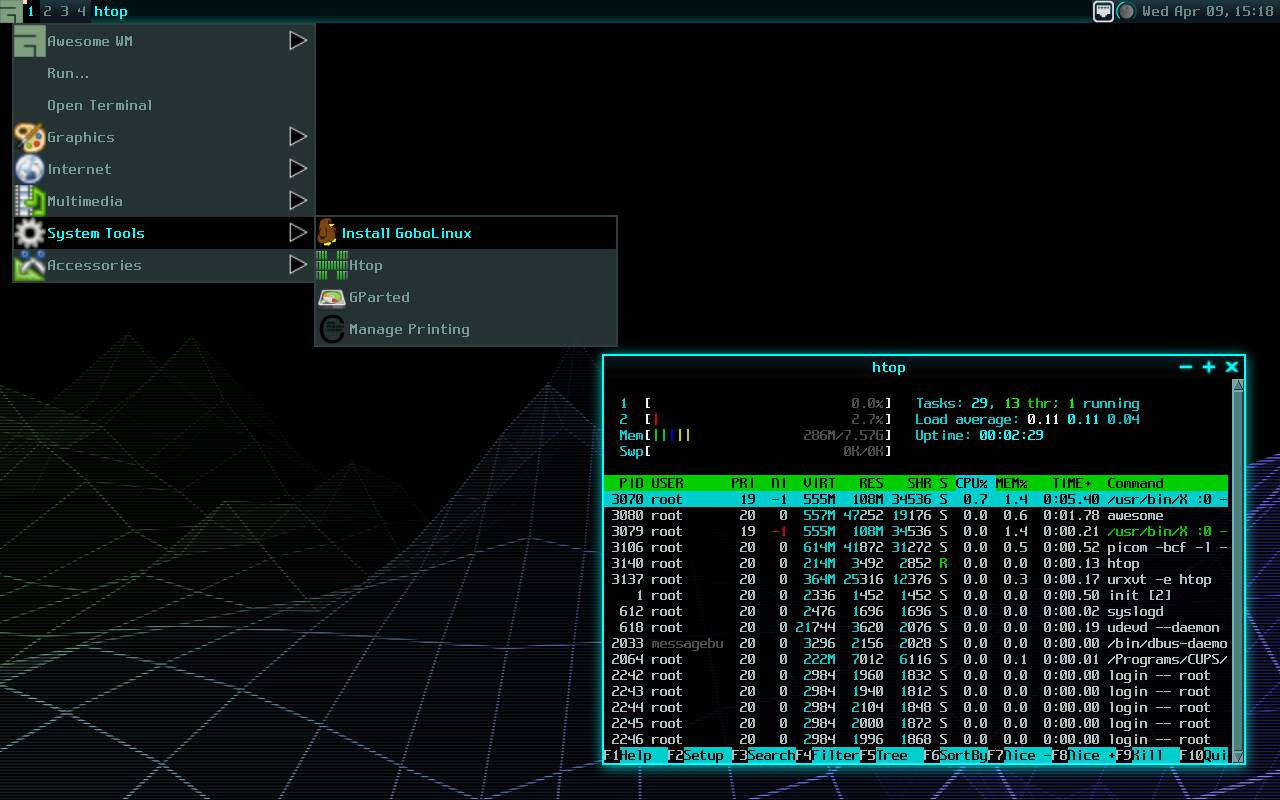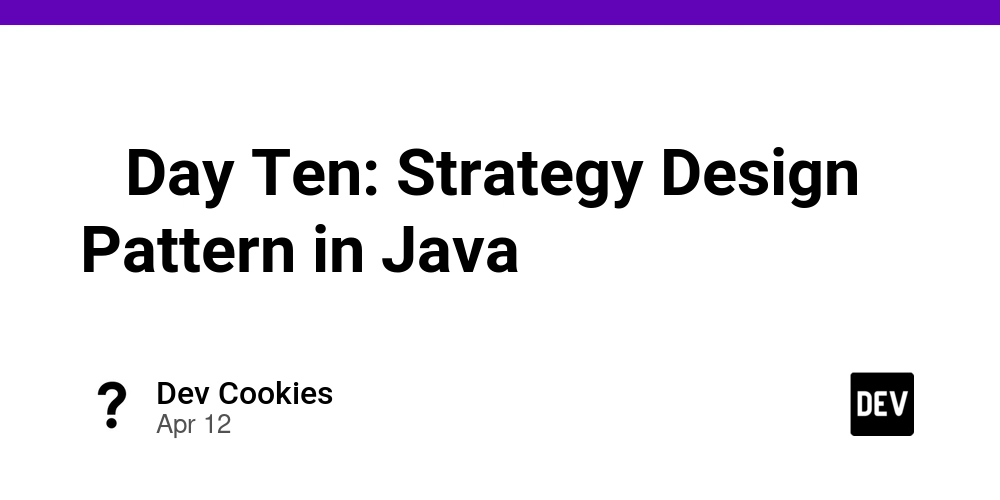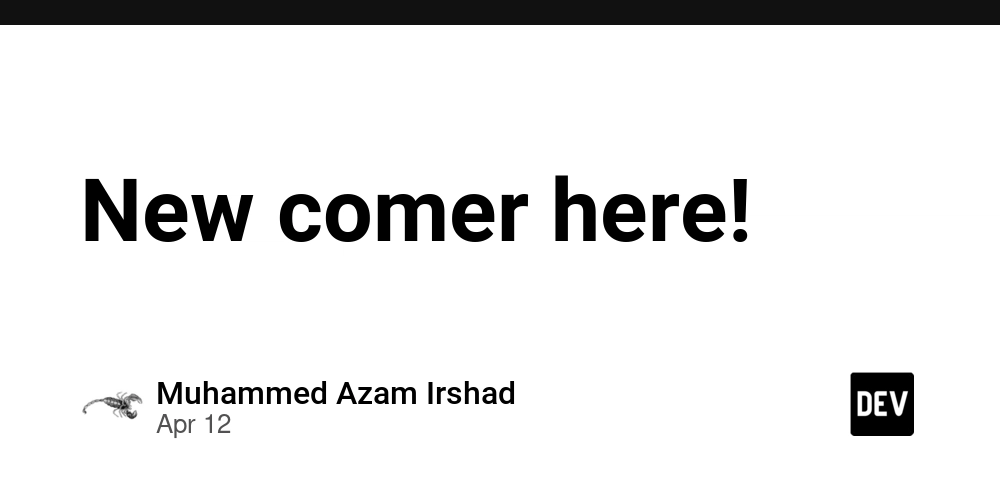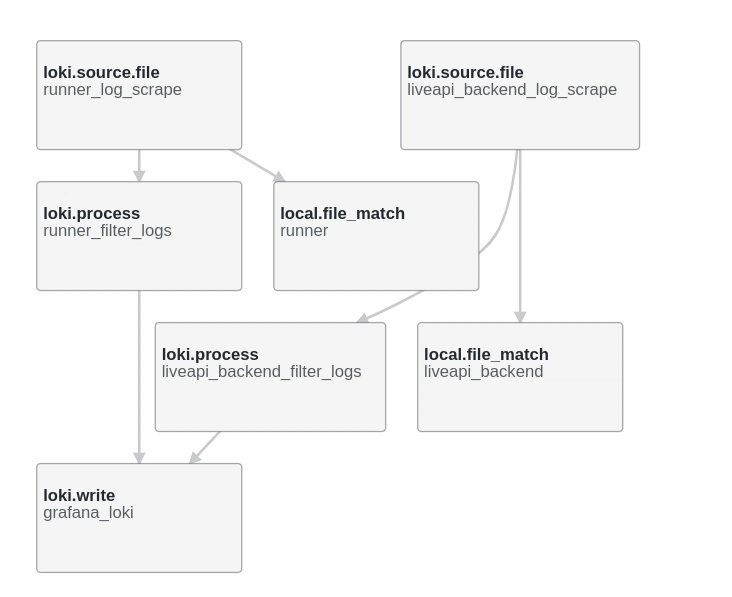This algorithm wasn’t supposed to keep people in jail, but it does in Louisiana
A new report from ProPublica published Thursday showed how the Louisiana government is using TIGER (Targeted Interventions to Greater Enhance Re-entry), a computer program developed by Louisiana State University to prevent recidivism, to approve or deny parole applications based on a score calculating their risk of returning to prison. Though the algorithm was initially designed […]


A new report from ProPublica published Thursday showed how the Louisiana government is using TIGER (Targeted Interventions to Greater Enhance Re-entry), a computer program developed by Louisiana State University to prevent recidivism, to approve or deny parole applications based on a score calculating their risk of returning to prison. Though the algorithm was initially designed to be used as a tool to help rehabilitate inmates by taking their background into account, a TIGER score – which uses data from an inmate’s time before prison, such as work history, criminal convictions, and age at first arrest – is now the sole measure of one’s eligibility.
In interviews, several prisoners revealed that their scheduled parole hearings had been abruptly canceled after their TIGER score determined that they were at “moderate risk” of returning to prison. There is no factor in a TIGER score that takes into account an inmate’s behavior in prison or attempts at rehab – a score that criminal justice activists argue penalizes one’s racial and demographic background. (According to current state Department of Corrections data, half of Louisiana’s prison population of roughly 13,000 would automatically fall in the moderate or high risk categories.)
One included Calvin Alexander, a 70-year-old partially blind man in a wheelchair, who had been in prison for 20 years, but had spent his time in drug rehab, anger management therapy, and professional skills development, and had a clean disciplinary record. “People in jail have … lost hope in being able to do anything to reduce their time,” he told ProPublica.
Parole via algorithm is not just legal in Louisiana, but a deliberate element in Republican Governor Jeff Landry’s crusade against parole. Last year, he signed a law eliminating parole for all prisoners who committed a crime after August 1st, 2024, making Louisiana the first state to eliminate parole in 24 years. A subsequent law decreed that currently-incarcerated prisoners would only be eligible for parole if the algorithm determined they were “low risk”.










































































































































































![[The AI Show Episode 143]: ChatGPT Revenue Surge, New AGI Timelines, Amazon’s AI Agent, Claude for Education, Model Context Protocol & LLMs Pass the Turing Test](https://www.marketingaiinstitute.com/hubfs/ep%20143%20cover.png)




























































































































![From Accountant to Data Engineer with Alyson La [Podcast #168]](https://cdn.hashnode.com/res/hashnode/image/upload/v1744420903260/fae4b593-d653-41eb-b70b-031591aa2f35.png?#)





































































































.png?#)



















































































































































![Apple Posts Full First Episode of 'Your Friends & Neighbors' on YouTube [Video]](https://www.iclarified.com/images/news/96990/96990/96990-640.jpg)

![Apple May Implement Global iPhone Price Increases to Mitigate Tariff Impacts [Report]](https://www.iclarified.com/images/news/96987/96987/96987-640.jpg)





























































































































